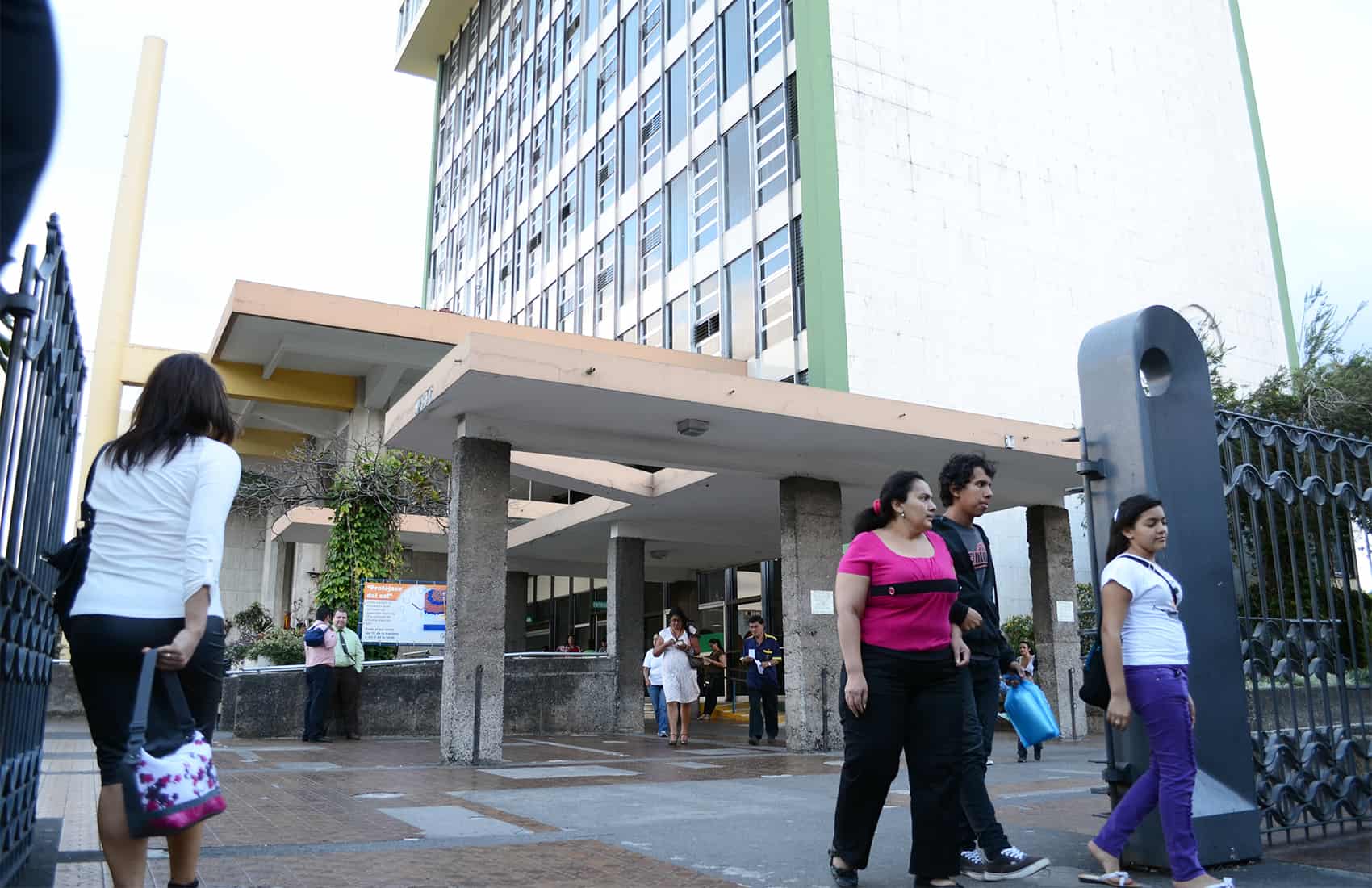President Luis Guillermo Solís’ decree legalizing in vitro fertilization in Costa Rica is going before the Supreme Court without the support of two major government agencies. The Government Attorney’s Office and the Costa Rican Social Security System both presented reports this week to the Constitutional Chamber of the Supreme Court — known as Sala IV — calling the decree unconstitutional.
The Government Attorney’s report said that the decree violates principles of separation of powers, the autonomy of the CCSS, and due process, among others. María del Rocío Sáenz, president of the Social Security System, or Caja, as it is known, said that the fertility treatment should only be regulated in Costa Rica by law, not executive decree.
Casa Presidencial presented its own report to Sala IV Wednesday defending the decree.
President Luis Guillermo Solís signed a decree on Sept. 11 regulating IVF in Costa Rica after a prolonged legal battle over the fertility practice. The battle was set off by a ruling from Sala IV in 2000 declaring that IVF violates the right to life guaranteed in the Costa Rican Constitution because fertilized eggs are sometimes discarded in the process.
The Inter-American Court of Human Rights ruled in 2012 that Costa Rica — which is a signatory to and host of the IACHR — must offer the practice after several couples successfully sued for the right to undergo IVF.
The Sala IV suspended the Solís administration’s decree on Oct. 7 in response to several constitutional challenges filed against it.
Casa Presidencial counsel Marvin Carvajal told The Tico Times he thought the Government Attorney’s Office and the Caja had misinterpreted the basis of the Inter-American Court’s ruling. He said that the matter is not one for legislative debate, and emphasized that the decree did not limit the rights of any Costa Rican citizen.
“When it comes to the ruling of an international court, like the Inter-American Court, it’s not for us to question or argue if the ruling was good or bad. The only thing we need to do is comply with it,” Carvajal said.
Despite losing the support of the Caja and Government Attorney’s Office, Carvajal said that Casa Presidencial remained optimistic about its case. He said that the court would hear new evidence, including what he argued was a more robust regulation than before the 2000 ban, and advancements in the science behind the fertility technique.
The lawyer said the administration was concerned about what could happen if Costa Rica remains non-compliant. “We don’t have the luxury of violating a ruling by the Inter-American Court,” he said.
Sala IV will continue to accept opinions on the case for another two weeks before calling another hearing.






